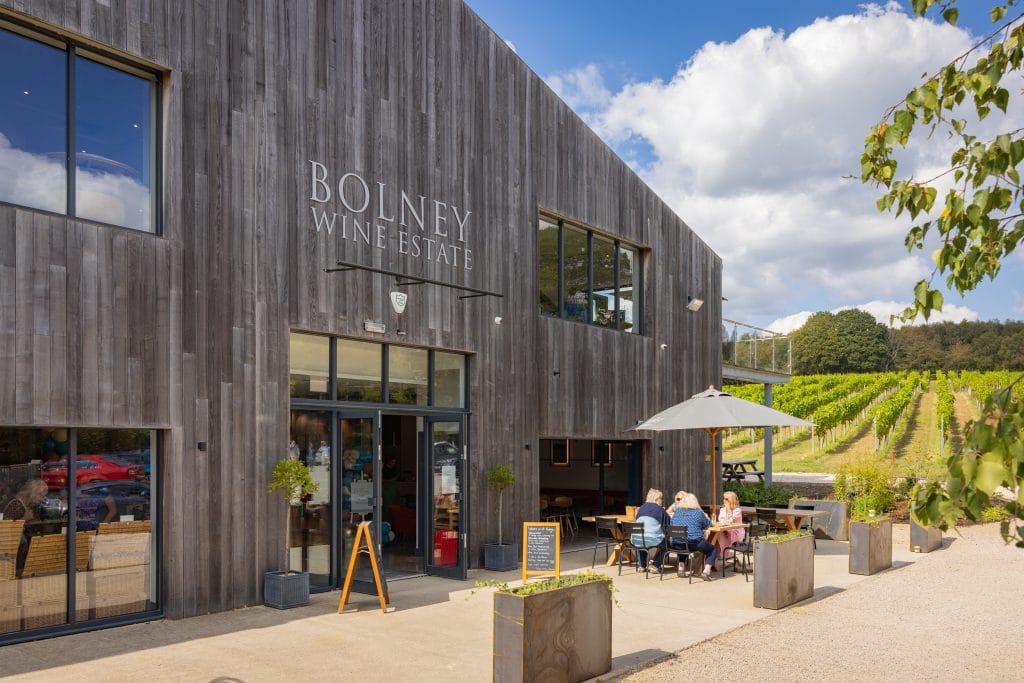
‘We’re planning for the next 30 years’: James Davis MW on Bolney’s two-year vineyard transformation
Bolney Wine Estate in Sussex will begin a two-year project this autumn to grub up and replant its 30-year-old 18-acre vineyard. Speaking to db, James Davis MW said the move is “a very exciting evolution for Bolney” and “a strategic investment in both sustainability and relevance”.
Bolney Wine Estate will begin a phased replanting of its 18-acre vineyard from autumn 2025, marking one of the most significant vineyard renewals in its 50-year history. Around 10,000 vines will be removed and replaced with Chardonnay, Pinot Noir and Pinot Meunier, varieties better suited to Bolney’s evolving terroir and long-term sustainability goals.
The work will be carried out in two phases, with the first vines grubbed up this month and replanted in spring 2026, followed by a second phase the following year. Collaborating with Dr Alistair Nesbitt and his team at Vinescapes, Bolney aims to give the soil time to rest and rejuvenate while improving the vineyard’s environmental resilience.
Head winemaker Cara Lee Dely called the opportunity “thrilling”, saying that “vines do have a life span and become more vulnerable to disease as they age, and of course it’s important from a winemaking perspective that we’re always working with the highest quality fruit that we can.”
Experience guiding future choices
James Davis MW, wine development director at Freixenet Copestick and Henkell, who is overseeing the project at Bolney, told db that the replanting plan has been shaped by decades of experience. “Our replanting decision and strategy is shaped by the lifecycle of our vines coming to an end after 30 years,” he explained. “This has given us an opportunity to consider the right combination going forward and we will focus on climate and disease resistance, along with consumer tastes moving toward high quality premium traditional method sparkling wines.”
He added: “This marks a very exciting evolution for Bolney, which has always been at the forefront of innovation and creative thinking in English winemaking. As we replant, we’re making intentional choices based on long-term projections of consumer preferences and selecting varieties that not only thrive in our changing climate but also align with where we believe taste and demand are headed over the next two to three decades.”
Click below to read the full story on Drinks Business.

